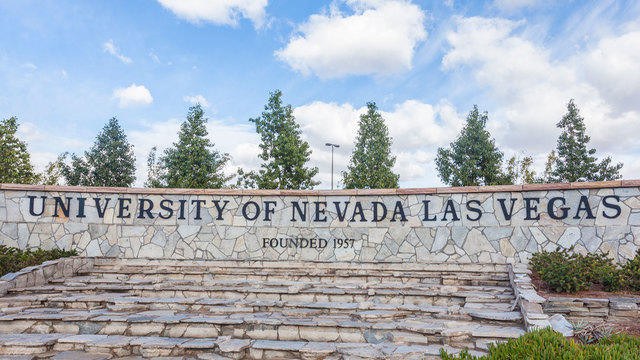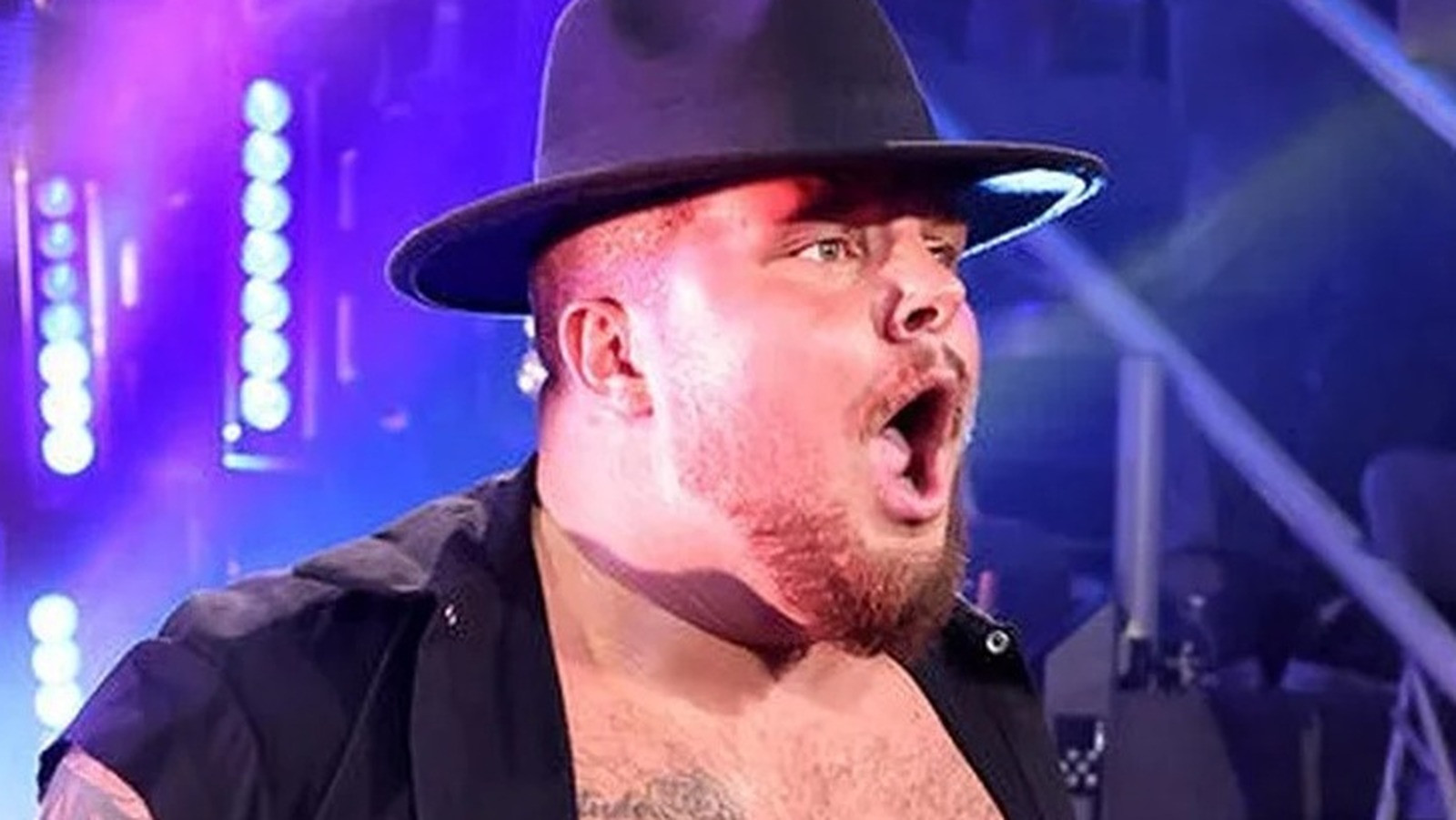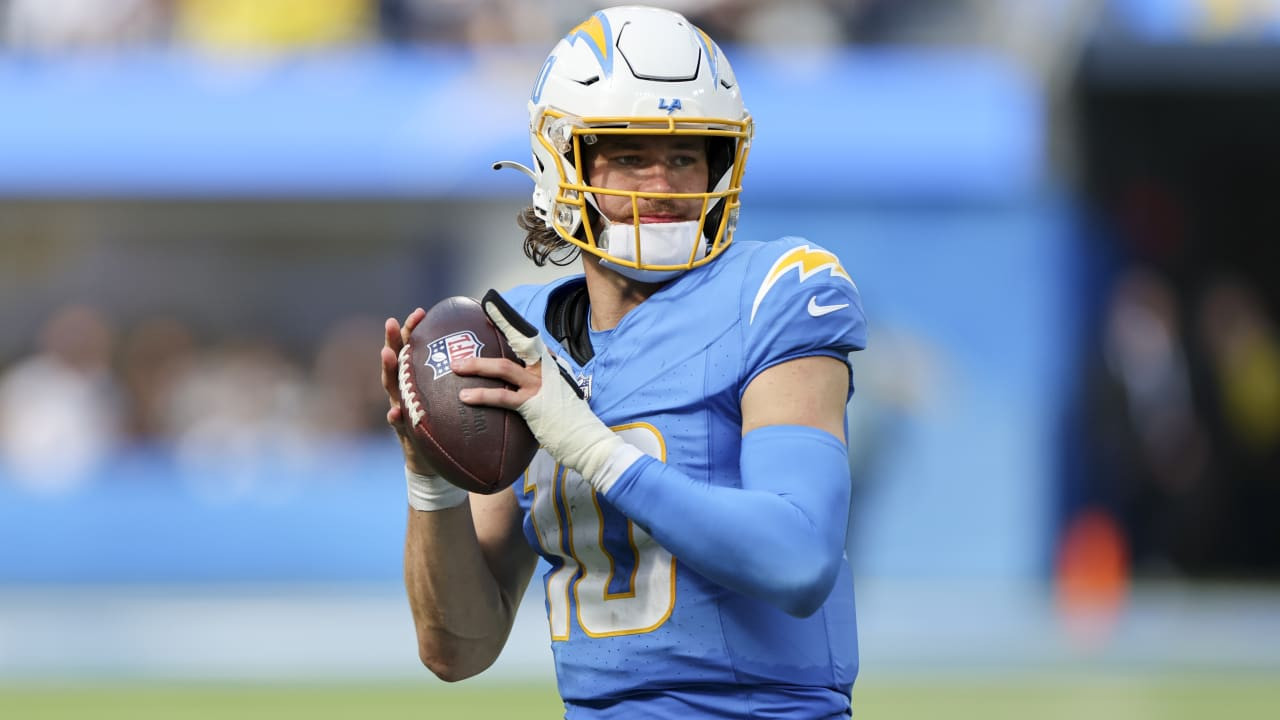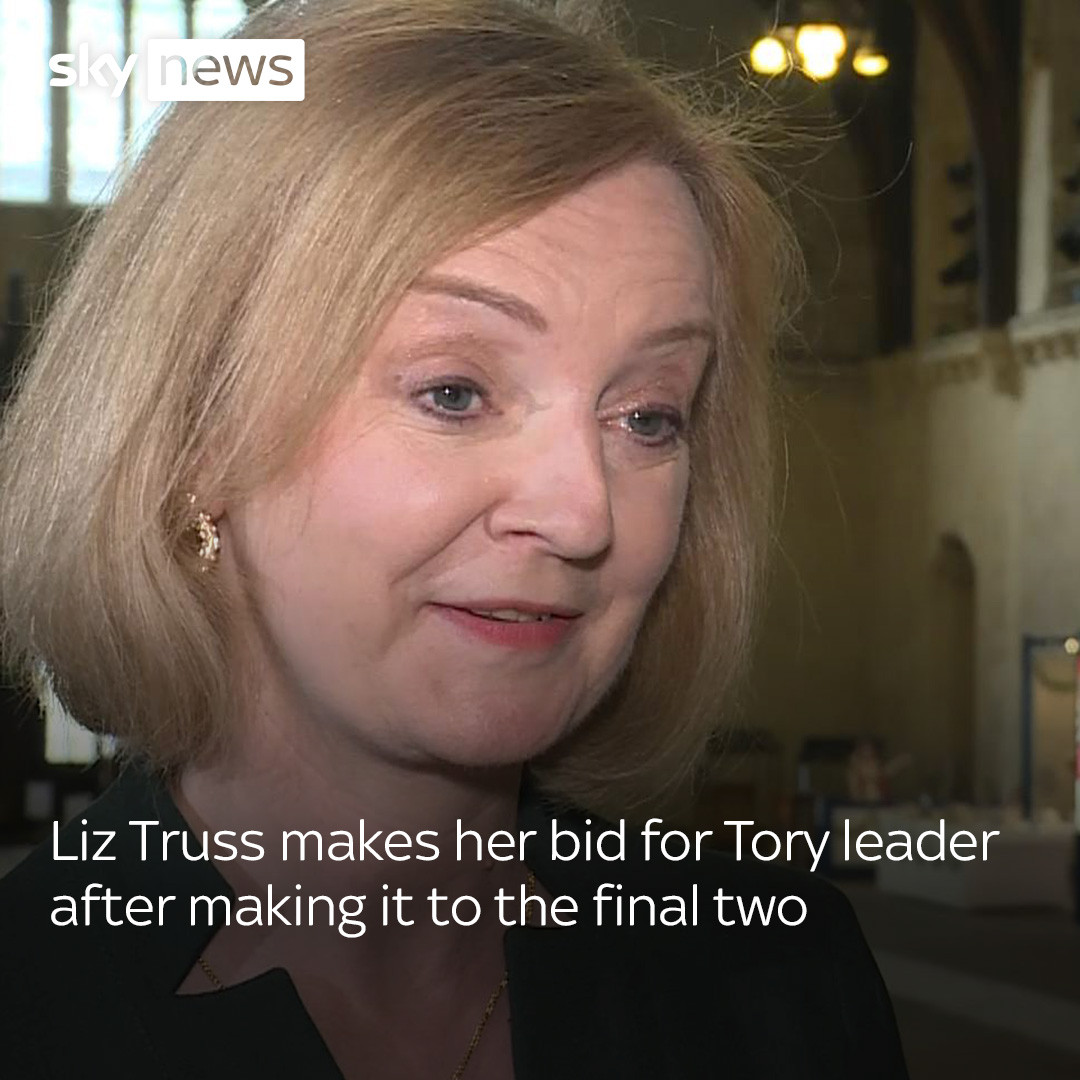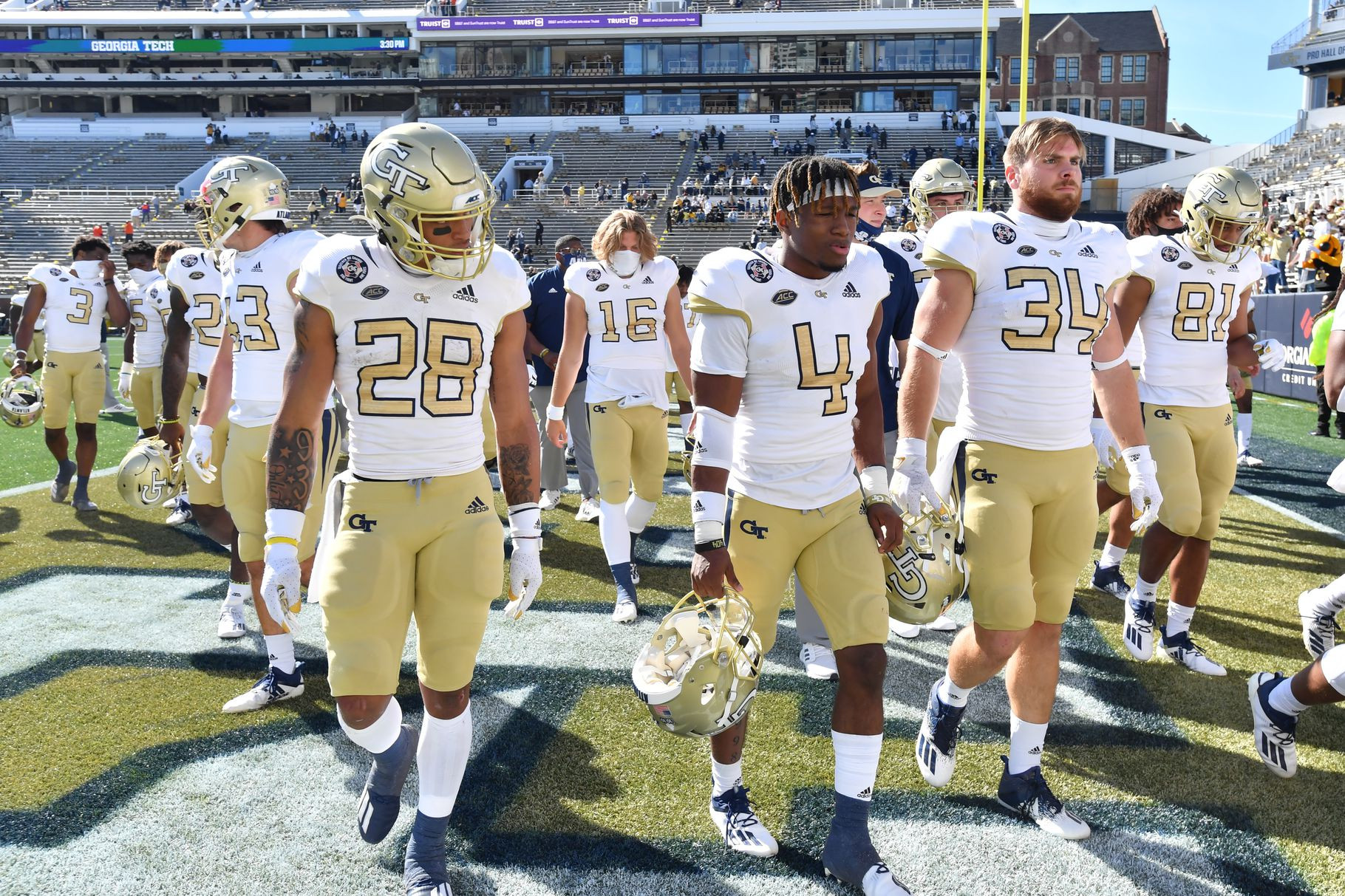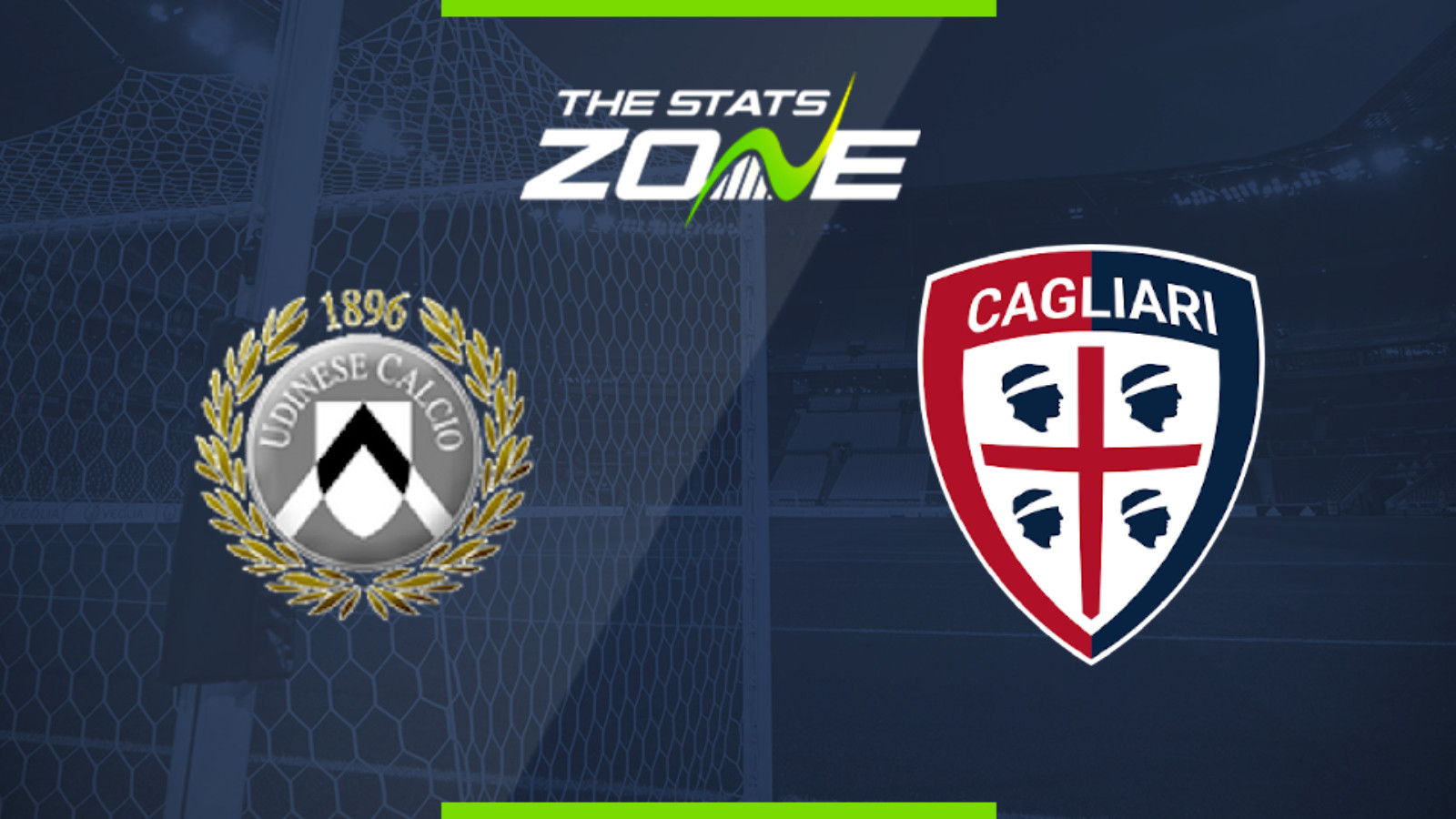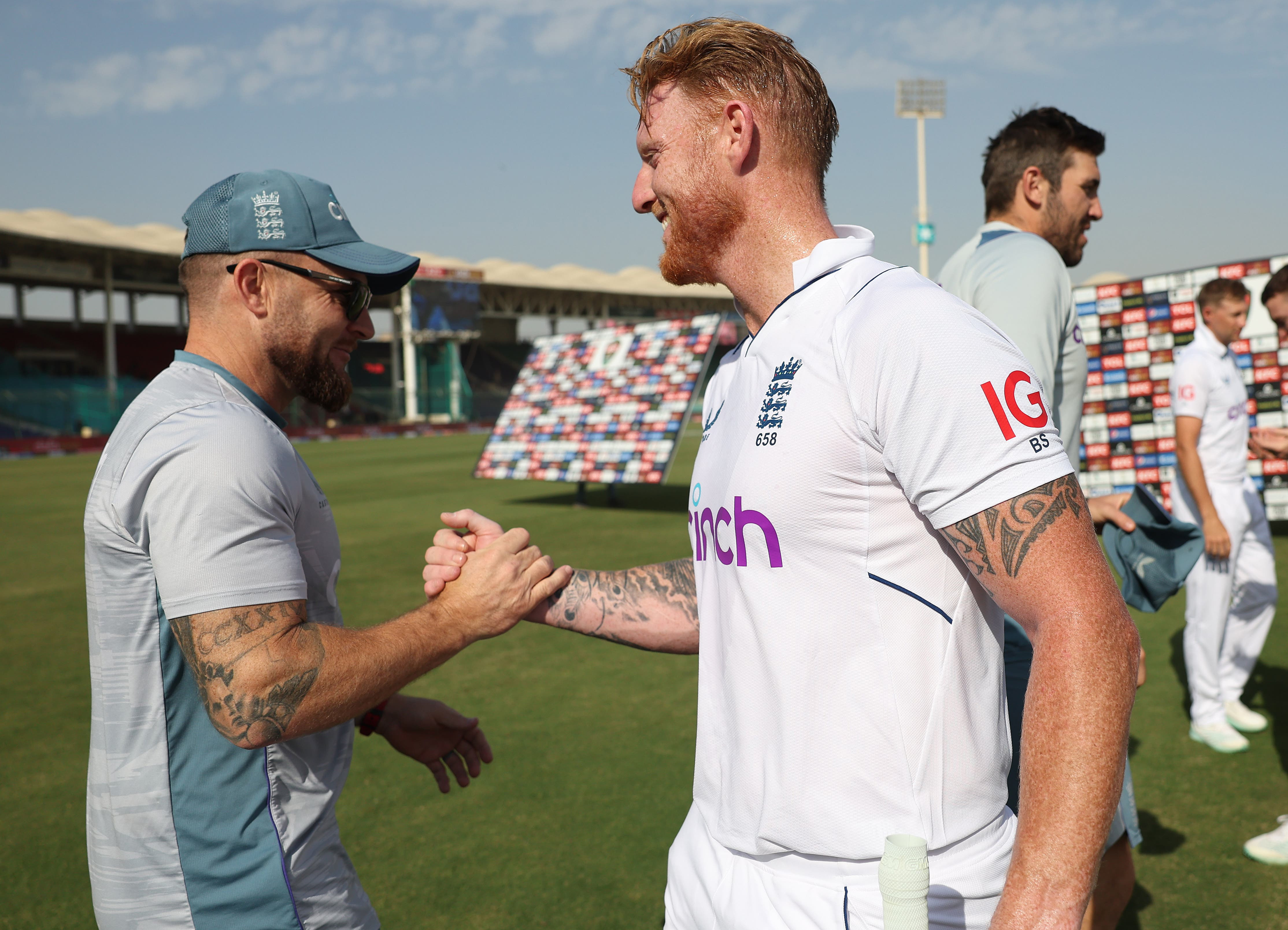The University of Nevada Las Vegas (UNLV) Rebels’ promising 2024 college football season may have just been derailed only three games into the campaign. Following an undefeated 3-0 start, the team will now have to finish the year without their starting quarterback, Matthew Sluka, who decided to leave the program on Tuesday, Sept. 24, over a Name, Image and Likeness (NIL) dispute.
“I committed to UNLV based on certain representations that were made to me, which were not upheld after I enrolled,” Sluka said in a statement posted to his X account. “Despite discussions, it became clear that these commitments would not be fulfilled in the future. I wish my teammates the best of luck this season and hope for the continued success of the program.”
Sluka, a senior transfer from Holy Cross, left the Rebels after the university reportedly failed to fulfill its financial obligations in an NIL deal.
According to reports, Sluka had been verbally promised a minimum of $100,000 as part of the NIL agreement to join UNLV. However, his father told ESPN that the university deferred payments multiple times, before ultimately telling the player’s agent last week the school would only be paying out $3,000 in relocation costs instead of the full amount initially agreed upon.
This led Sluka to announce he would no longer play for the team this season. Instead, he plans to take a redshirt year to preserve his college eligibility, leaving the Rebels without their star quarterback for the remainder of the season.
This incident highlights the growing impact of NIL deals in college sports, which allow athletes to earn compensation for their name, image, and likeness. As these agreements become more common, disputes over payments could become a recurring issue, potentially affecting team rosters and season outcomes across various sports.
The NIL Controversy
The NCAA’s NIL rules, implemented in 2021, were designed to allow college athletes to profit from their name, image, and likeness, a change that has transformed the landscape of college athletics. However, the lack of clear regulations and oversight has created a complex and often contentious system.
The Sluka case highlights the challenges and ambiguities of NIL agreements. While schools are prohibited from directly paying athletes salaries, NIL collectives, which pool together money from alumni backers, have emerged as a key player in the NIL market, often offering hefty sums to attract top recruits and transfers.
In Sluka’s case, the $100,000 commitment allegedly made to him was not a written agreement and was reportedly not endorsed by the UNLV collective. This highlights a crucial issue in the NIL system: the absence of standard contracts and a lack of transparency between athletes, collectives, and schools.
UNLV's Response
UNLV has denied any wrongdoing, stating that Sluka’s representatives made “financial demands” that violated NCAA rules and Nevada state law. The school contends that it does not engage in such activity and will continue to operate within the framework of NCAA regulations.
The Future of NIL
The Sluka case raises important questions about the future of NIL in college athletics. With the potential for these disputes to become increasingly common, there is growing pressure for the NCAA to establish clear guidelines and regulations to govern NIL agreements.
The NCAA’s efforts to modernize college athletics have been met with resistance from schools, who have historically opposed the notion of athletes as employees. This has led to a situation where NIL deals are often subject to interpretation and dispute.
The Impact on UNLV
The loss of Sluka, the team’s leading passer and rusher, is a significant blow to UNLV’s hopes for a successful season. The team is currently ranked No. 23 in the coaches’ poll and has a legitimate chance to secure a berth in the expanded College Football Playoff. However, the uncertainty surrounding the team’s quarterback situation could have a significant impact on their performance and ultimately their playoff aspirations.
The Sluka situation, coupled with the ongoing legal challenges and disagreements surrounding NIL, underscores the need for the NCAA to create a more robust and transparent framework for player compensation in college athletics. The current “Wild West” environment is ripe for disputes, leaving athletes and schools vulnerable to financial disagreements and uncertainties.
As NIL agreements become increasingly common, it is crucial that the NCAA provides clarity and guidance to ensure fair and ethical practices for all parties involved.




